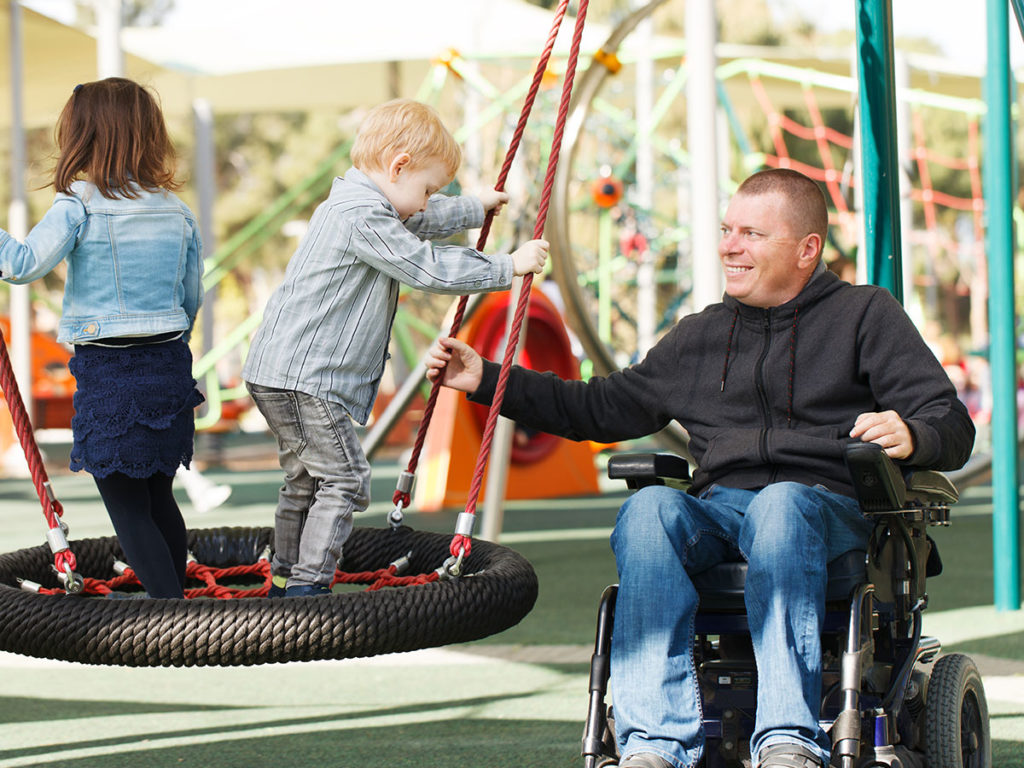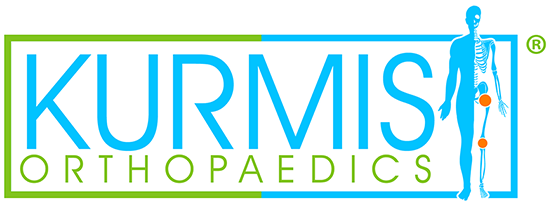

Multiple sclerosis or MS is a progressive autoimmune disease affecting the central nervous system. It is more common in women, and usually begins at ages 20-40 years old.
MS affects over 25,600 Australians (MS Australia, 2021). There is currently no cure for MS, however there are some medical treatments available to ease symptoms or reduce the risk of disease progression.
What happens?
The immune system produces antibodies which attack nerve cells which produce the myelin sheath which insulates our nerve cells. This destruction results in patches of demyelination (lack of myelin) of central nervous system neurons which causes slowed or blocked transmission of signals along the nerves.
Types of MS
There are four types of MS. Most common types are relapsing/remitting MS and secondary progressive MS, with primary progressive MS and progressive relapsing MS less common. MS types are categorised by the progression of an individual’s MS, and how they recover after a relapse.
What are the signs and symptoms?
This can vary in severity and type between individuals. Common aspects include weakness, poor coordination, changes to vision, difficulties with balance, reduced sensation, heat sensitivity, fatigue and altered speech.
Why does this happen?
MS is the result of an autoimmune response. The exact cause is unknown, but genetic and environmental factors are likely part of the cause.
What is the role of a physiotherapist in managing MS?
Physiotherapists can assist individuals living with MS to improve or maintain function. Physiotherapists can help improve balance and strength, assist individuals to adapt to new ways of walking, prescribe and educate individuals on mobility aids, improve exercise endurance and empower individuals to continue to participate in the community.
If you would like to know more about how a physiotherapist can help you or someone you know living with MS, please call The Physio Clinic for further information.
By Claudia McDonald | Physiotherapist























